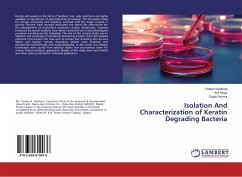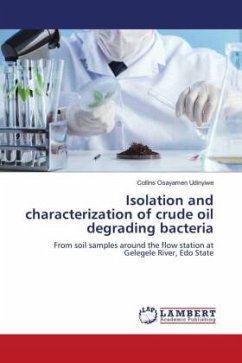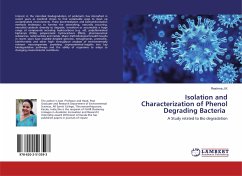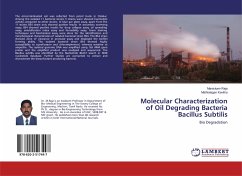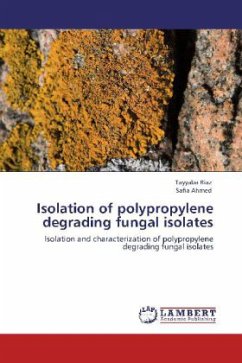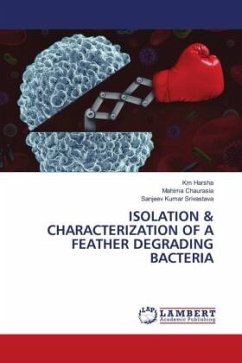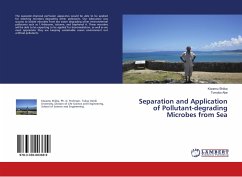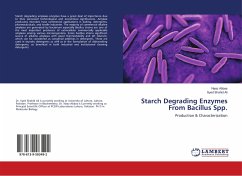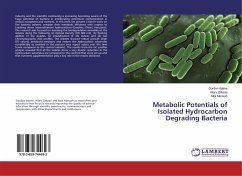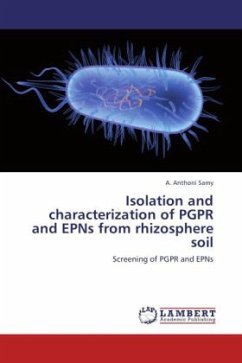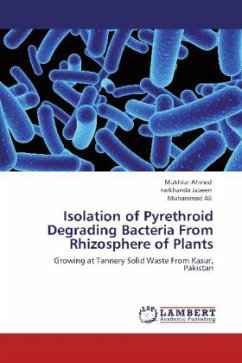
Isolation of Pyrethroid Degrading Bacteria From Rhizosphere of Plants
Growing at Tannery Solid Waste From Kasur, Pakistan
Versandkostenfrei!
Versandfertig in 6-10 Tagen
32,99 €
inkl. MwSt.

PAYBACK Punkte
16 °P sammeln!
Pesticide usage has become an essential component of modern age agriculture. Their applications for the protection of crops through the pests, insects, mites, ticks and weeds are increasing steadily. The Pyrethroids constitute about twenty five percent of total pesticides used worldwide. These are based on an ester, derived from a flower chrysanthemum. Bifenthrin and cypermethrin are amongst natural Pyrethrins used. The excessive use of pesticides creates different environmental problems including soil and water pollution and ecological imbalance. Soil microflora the hidden creatures in earth'...
Pesticide usage has become an essential component of modern age agriculture. Their applications for the protection of crops through the pests, insects, mites, ticks and weeds are increasing steadily. The Pyrethroids constitute about twenty five percent of total pesticides used worldwide. These are based on an ester, derived from a flower chrysanthemum. Bifenthrin and cypermethrin are amongst natural Pyrethrins used. The excessive use of pesticides creates different environmental problems including soil and water pollution and ecological imbalance. Soil microflora the hidden creatures in earth's biodiversity and the soil microbial community are physiologically versatile in metabolizing and mineralizing a wide variety of organic pollutants into non toxic form. The utilization of microorganisms to clean up xenobiotics from polluted environment present a cheap and biologically safe solution for pollution problem. The present work deals with isolation and chracterization of pyrethroiddegrading bacteria from rhizospheric soil of tannery solid waste. Chromatographic separation of degraded products show the capacity of bacteria to be used as a biological tool for bioremediation.



